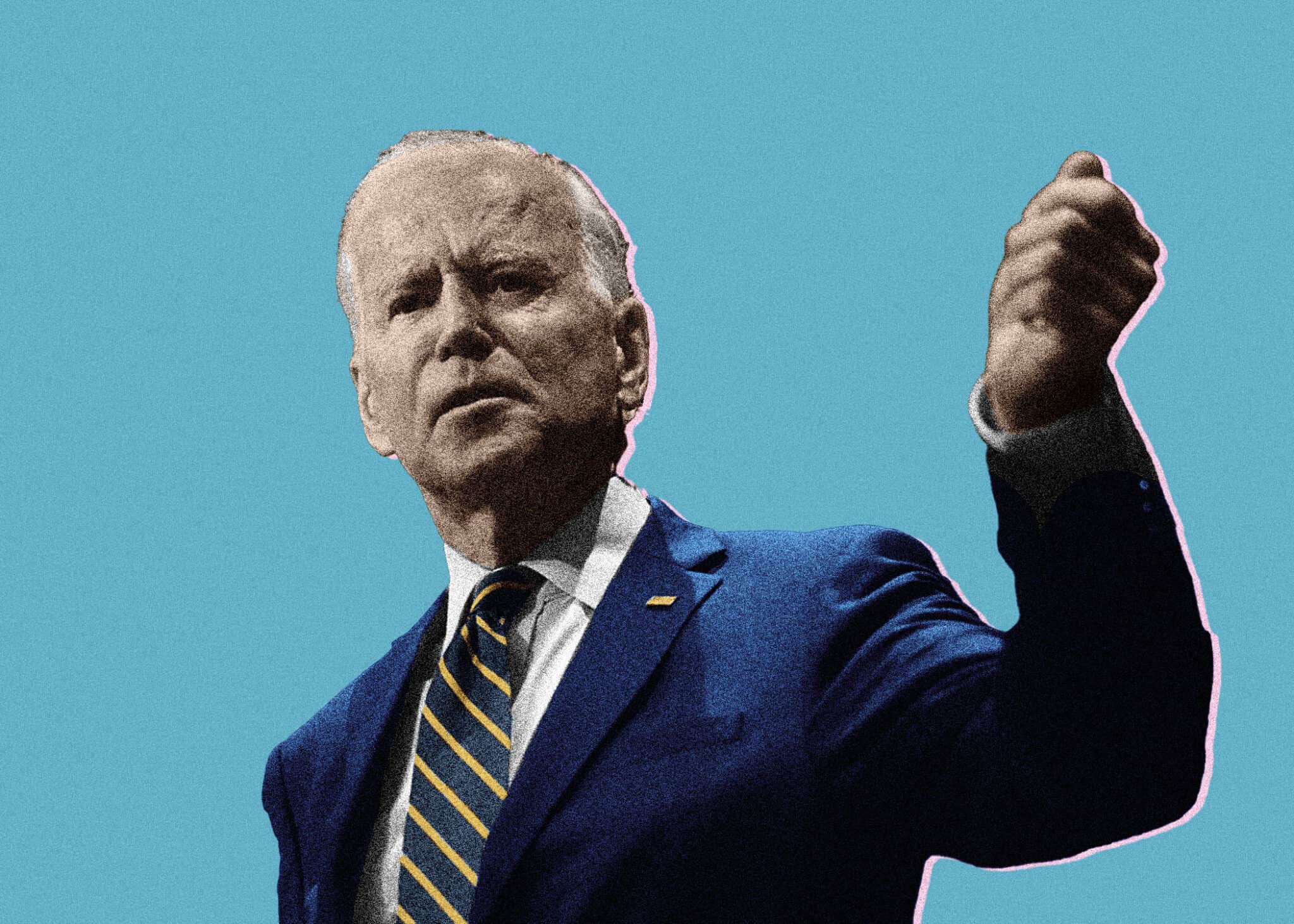
Lewit Gemeda is a student at Harvard Law School.
In today’s news and commentary, the Biden administration announced new steps to tackle the rise in exploitative child labor practices that have been reported on over the last few weeks—notably through a recent NYT expose about the work conditions migrant children are facing. Since 2018, the Department of Labor (DOL) has recorded a 69% increase in the number of children employed under conditions that violate child labor laws. To illustrate the scope of the issue, a DOL senior administrator said that the agency has “found 835 companies operating in violation of child labor laws affecting 3,800 children” within the last fiscal year alone.
One example of child labor law violations that garnered national attention was the action of Packers Sanitation Services, a Wisconsin based company that was found to have hired more than 100 children across eight states to clean meatpacking equipment and work overnight shifts. In another high-profile example, the DOL successfully sought a federal injunction to stop an Alabama Hyundai and Kia auto parts manufacturer from employing 13-year olds and having 16-year olds working in manufacturing—both of which are illegal under federal law.
To address these issues, DOL and HHS leaders laid out new steps which include the launch of an inter-agency taskforce on “Child Labor Exploitation” and a national strategic enforcement imitative in the Wage and Hour Division. The administration is also asking Congress for additional funding for enforcement efforts, and to pass legislation that would increase the maximum monetary damages for child labor violations (currently $15, 138/ child). In addition, the DOL is committed to “aggressively us[ing] all litigation tools at its disposal” including injunctions and criminal referrals of offending businesses. Additionally, the agency will turn to the “hot goods” provision of the Fair Labor Standards Act that would stop the movement of goods made with child labor.
Next, Norfolk Southern—the most profitable U.S. rail company—has agreed to union demands and will start to offer four paid sick days to its workers. The agreement with the Transportation Communications Union (TCU) and the National Conference of Firemen & Oilers (NCFO) makes it so that unions at four out of the five largest rail companies in the country have secured paid sick leave this month.
Lastly, the Supreme Court granted cert in a case concerning the funding of the Consumer Financial Protection Bureau (CFPB)—which protects consumers from deceptive and unfair practices. Last fall, a three-judge panel on the Fifth Circuit found the agency’s funding structure—financed through the Federal Reserve, which is funded by bank fees—to be unconstitutional. The Biden administration appealed the ruling, and the Court’s decision on the case will have implications for the Federal Reverse itself and other government agencies not directly funded congressional appropriation.






Daily News & Commentary
Start your day with our roundup of the latest labor developments. See all
July 9
In Today’s News and Commentary, the Supreme Court green-lights mass firings of federal workers, the Agricultural Secretary suggests Medicaid recipients can replace deported farm workers, and DHS ends Temporary Protected Status for Hondurans and Nicaraguans. In an 8-1 emergency docket decision released yesterday afternoon, the Supreme Court lifted an injunction by U.S. District Judge Susan […]
July 8
In today’s news and commentary, Apple wins at the Fifth Circuit against the NLRB, Florida enacts a noncompete-friendly law, and complications with the No Tax on Tips in the Big Beautiful Bill. Apple won an appeal overturning a National Labor Relations Board (NLRB) decision that the company violated labor law by coercively questioning an employee […]
July 7
LA economy deals with fallout from ICE raids; a new appeal challenges the NCAA antitrust settlement; and the EPA places dissenting employees on leave.
July 6
Municipal workers in Philadelphia continue to strike; Zohran Mamdani collects union endorsements; UFCW grocery workers in California and Colorado reach tentative agreements.
July 4
The DOL scraps a Biden-era proposed rule to end subminimum wages for disabled workers; millions will lose access to Medicaid and SNAP due to new proof of work requirements; and states step up in the noncompete policy space.
July 3
California compromises with unions on housing; 11th Circuit rules against transgender teacher; Harvard removes hundreds from grad student union.